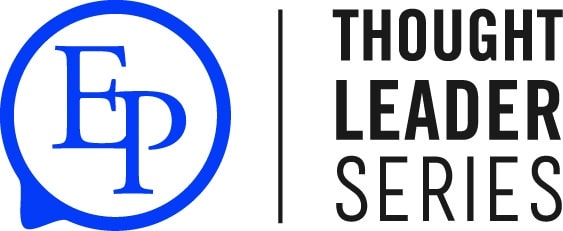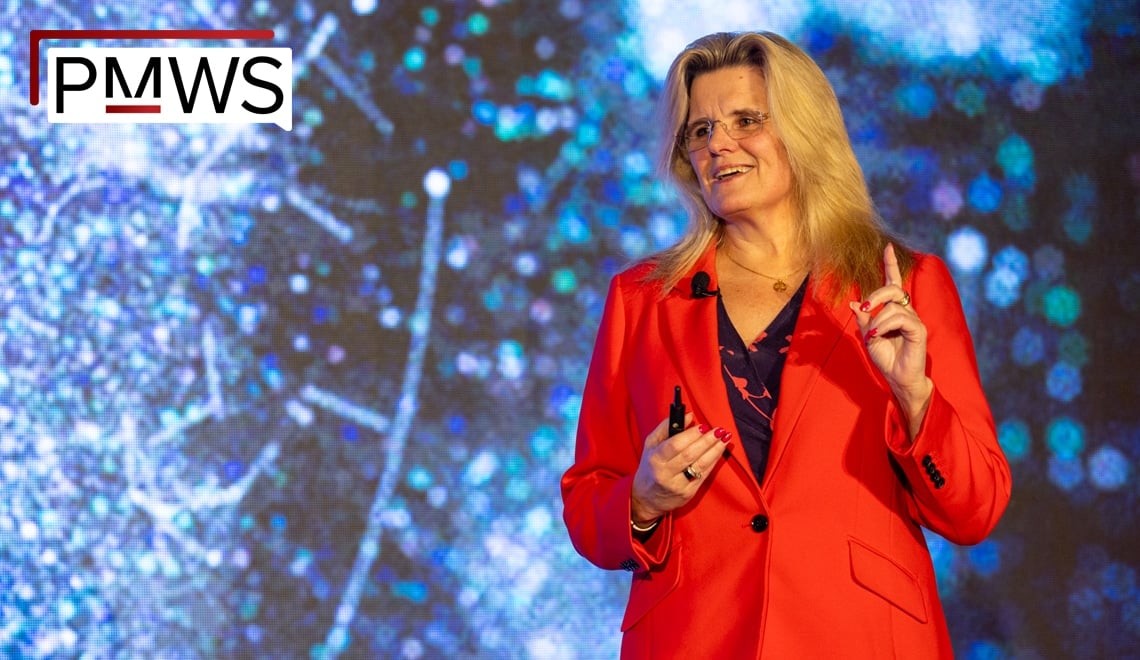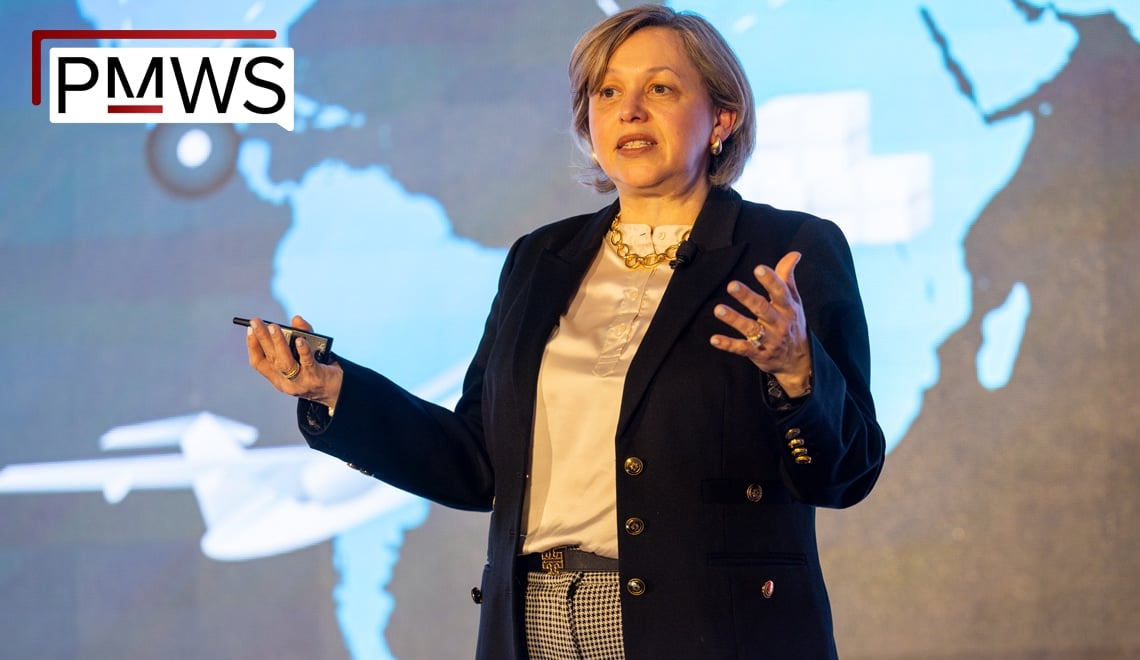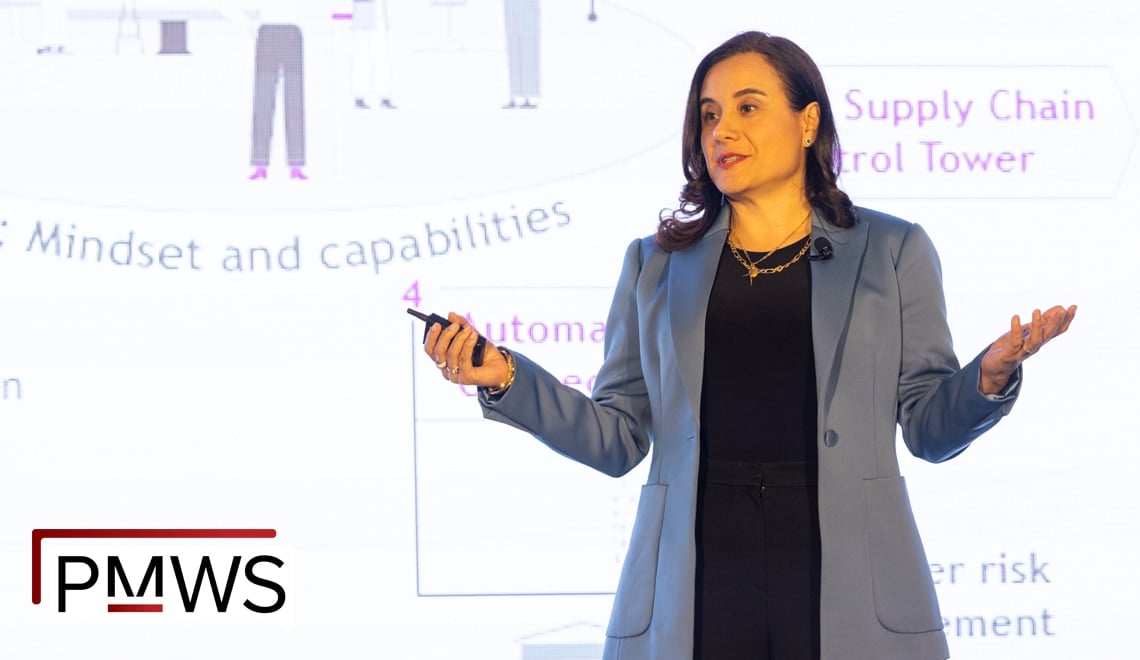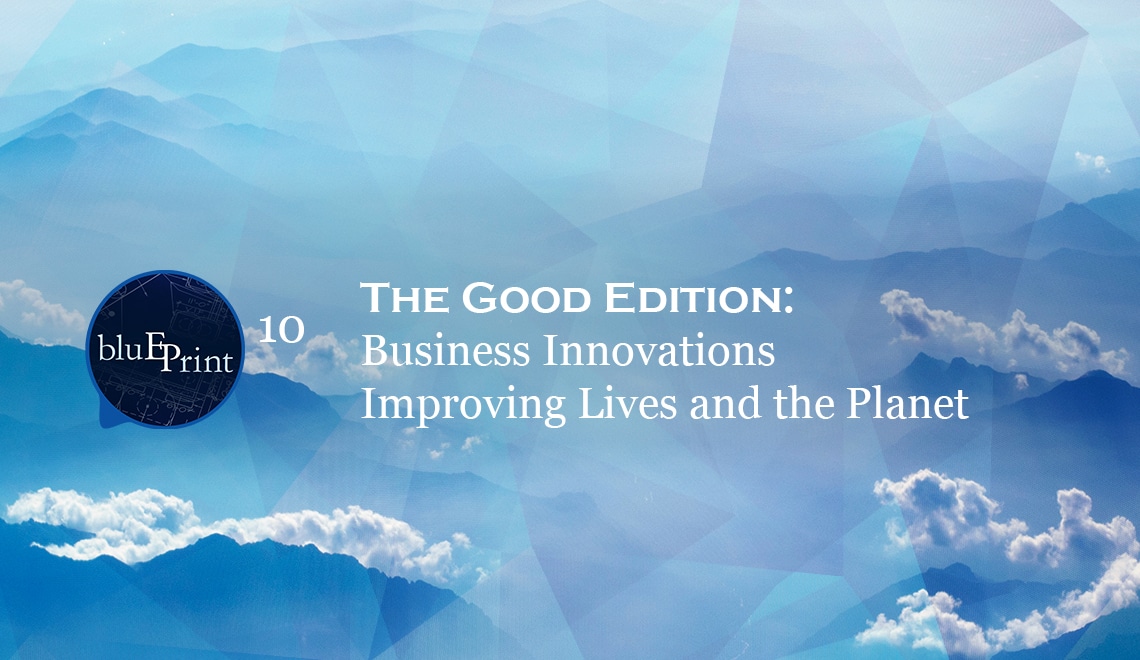
Whether it’s a nudge or a shove, businesses everywhere have the capacity to push society forward. Organizations big and small are innovating and rethinking their practices, whether that’s in ethical sourcing or caring for the environment. Here are a few great examples of organizations implementing forward-thinking strategies, operations, and technologies.
Human Empowerment
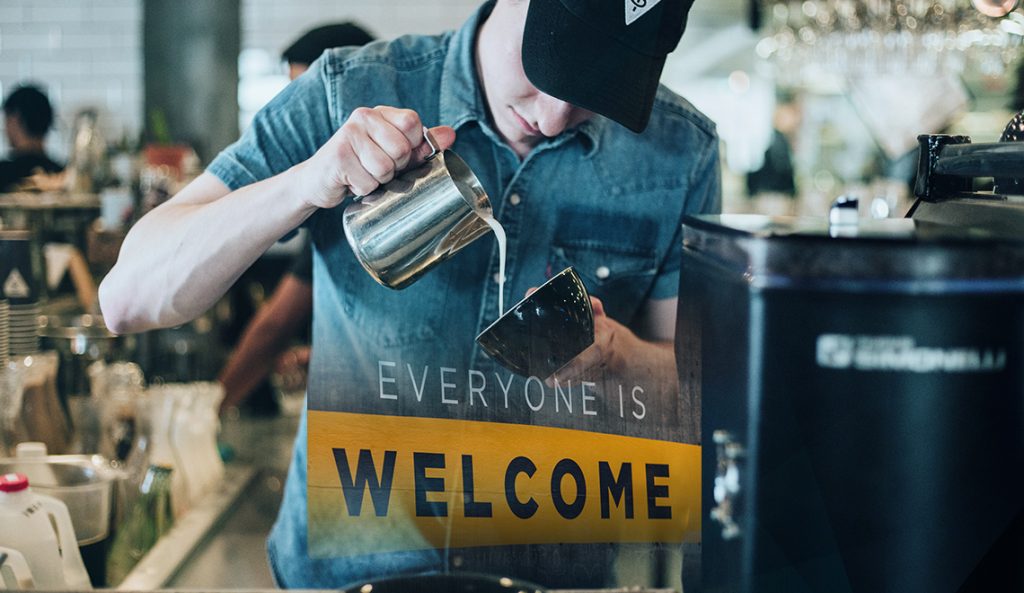
While some organizations incorporate a buy-one give-one model of charity, they don’t truly tackle the issues of poverty or crime. Socially responsible businesses empower struggling communities to help themselves by engaging with them with long-term solutions.
Here are examples of companies that have a system in place to improve lives:
Employing at-risk populations
- Brewing coffee and changing lives:
Starbucks has made a global commitment to hire 10, 000 refugees by 2022 in recognition of the global crisis. Another coffee enterprise in the UK called Change Please is empowering the vulnerable hiring and training members of the homeless population in UK to work as baristas. They also source their beans from farms that help their communities and use 100% recyclable cups. - Off the streets and into the apartment business:
Shelters to Shutters is an organization that connects property companies to situationally homeless candidates. Many apartments offer discounted or free rent to staff, and situationally homeless staff have an 87% retention rate with 89% of participants receiving promotions for good behaviour. While many government programs focus on chronic homelessness, there are many employable people who go in and out of homelessness because of domestic violence, expensive medical bills, and other circumstances. - Another chance with chicken:
Hot Chicken Takeover has a much lower employee turnover rate than most fast food restaurants, and they hire 70% past convicts. When those who leave jail are automatically written off for their past, it hurts both society and the economy. Refusing employment to suitable workers with a criminal record gives them little option but to make ends meet through crime. Here is a more in-depth case on the costs of not hiring felons.
People behind products
- Co-creating fair trade benefits:
Patagonia’s fair trade program offers premiums for factory workers and empowers them to decide what they want to invest in. For example, their Sri Lanka factory voted for a day care and hygiene program for sanitary napkins. Meanwhile, garment workers in Thailand voted to ensure education for their children, as well as a sports event with games and food. - Co-designing child labour solutions:
Nestlé has a history of dodging lawsuits and they are making strides to improve their labour practices. One of their programs include to address the underlying causes of child labour. For example, they help train farmers to improve their productivity and income so children don’t need to help provide for the family. In other instances, they help build and renovate schools so they are more accessible to communities.
Good and Green

Going green can mean saving green too. Rival companies have put aside the competition to share a ride to their warehouses and 25 major brands are willing to share the same reusable Loop totes for sustainable delivery. You may remember us touching on these eco-friendly (and business friendly) delivery measures from our Smart eCommerce white paper, but we want to expand to the rest of supply chain.
Want to get that extra cha-ching for the planet and your budget?
Here are more examples and resources for implementing eco-friendly operations:
- Support full circle manufacturing: Materials that reach the end of their life cycle don’t need to end up in the trash. Timberland uses a special rubber formation so their Timberland tires can be recycled into their supply chain as shoes. You can also get office chairs and container ships specifically designed for disassembly and recycling.
- Maximizing the life of produce:
Supermarché is marketing deformed produce at a 30% price cut which lead to a 24% increase in store traffic. Meanwhile, grocery stores are selling their oddly shaped produce directly to restaraunts and commercial kitchens with the use of apps like FoodMaven. - Provide products as service:
Michelin is the first to allow fleet customers to lease tires instead of purchasing, increasing the life cycle of the good. Philips Lighting also offers circular lighting service model, taking care of maintenance, upgrades and disassembly so the lights can be recycled. - Swipe right on sustainability:
The user-friendly, chic designed resource Supply Chain Solutions Center launched February 2019 and they’re making it easier for businesses everywhere to get sustainable. They are partnering with 10 leading environmental NGOs to help supply chain professionals find resources and expert advice.Whether it’s sustainable energy, green freight or safer chemicals, they are here to help. If your organization would like to contribute content to the Supply Chain Solutions Center library, they are open for submissions. - Zero-waste supply chain operations: After discovering 98% of their emissions came from their supply chain, Etsy has partnered with green energy provider 3Degrees to offset shipping emissions by an estimated 55, 000 metric tons of CO2. They have achieved their goal of zero waste operations in 2018, two years ahead of schedule.
Businesses around the world are doing their part, and that calls for celebration. Do you know an organization eligible for a supply chain sustainability award? Nominate them here.
Tech Innovations for Good
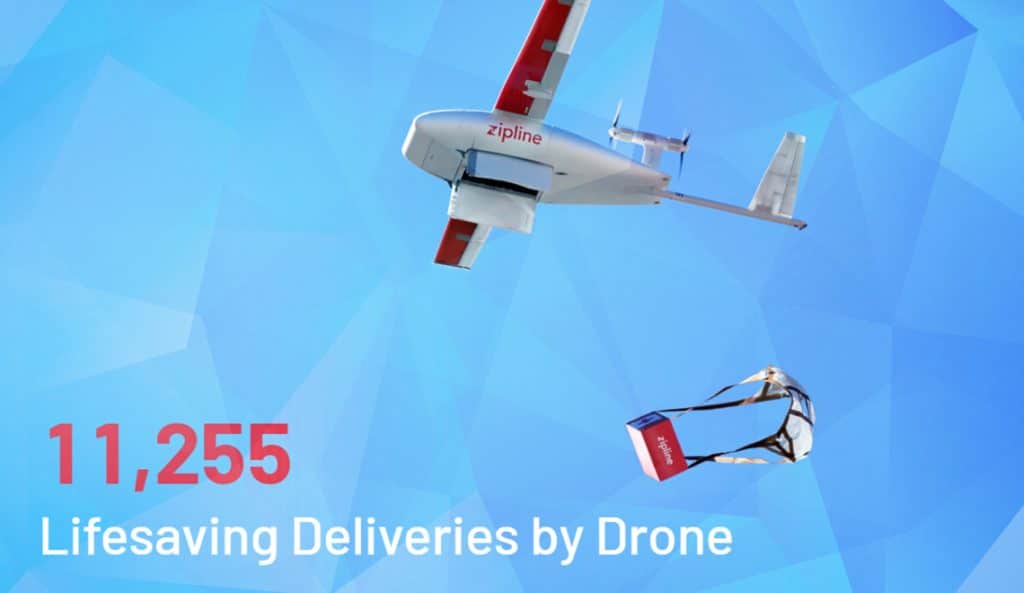
When man went to the moon, there were those who wondered why countries didn’t invest more in solving global problems. However, the space race has lead to innovations in artificial limb robotics, adjustable smoke detectors and better water purification systems which is now being used in underdeveloped parts of the world. This goes to show how important investment in technological innovation is to helping the world.
Here are some examples of technology making lives easier worldwide:
Social Justice

- VR games for sexual harassment:
Will interactive provides educational games for the military, corporate and healthcare training. Some of their clients include the U.S. army and the NFL, with a total of 10+ million users worldwide. - Blockchain for ethical sourcing:
Berkshire Inc is investing in blockchain initiatives to track ethical sourcing of their diamonds, to make sure their mines are a safe place for workers.
Healthcare
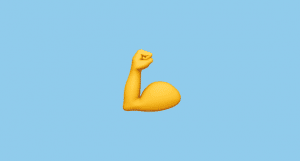
- Auto-correcting surgical procedures:
Using machine learning, big data and IoT, the OR Black Box keeps track of patient condition and the surgeon’s movements to ensure proper procedure is being followed. The operation room is a stressful place, and on average, 9,200 to 23, 000 Canadians die a year because of preventable errors.“It’s the same in professional sports, when a player is in the game they usually don’t notice what they do wrong. They have video coaches for feedback.” – Grantcharov
- Life-saving delivery drones:
Zipline delivers medical supplies including vaccines, pharmaceuticals and blood to hard to reach places. They are currently providing 11, 000, 000 people with access within 30 minutes to emergency supplies.“I used to see the drones fly and think they must be mad, until the same drone saved my life.” – Alice Mutimutuje, Mother, Rwanda
- Blockchain for medical accessibility:
MetLife Asia has also started testing blockchain technology that automatically connects to medical records so pregnant women are financially protected when claiming their insuranceRead more in Deloitte’s white paper on blockchain opportunities for healthcare.
Environment

- Slaughter-free meat for a clean world:
Just Inc provides slaughter free, cell-based meat and plant-based egg for retail purchase, saving over 295 m gallons of freshwater in 2017. Their clean lineup also includes cookie dough and mayo.The Beyond Meat Burger’s plant-based patty is also in 10 000+ restaurants, hotels and universities including A&W. They are supported by investments from Bill Gates, Leonardo Dicaprio, Tyson Foods and more. We list more planet friendly food innovations here.
- Carbon capture developments in a warming world:
Based on a report completed to the American Association of Costing Engineers guidelines, a carbon capture system at Shand could capture cost reductions of 67% per tonne of CO2 at $45 US/tonne. While there is no single technological solution, government support for carbon capture initiatives is critical. Most initiatives are in early research and development, so it is still important for supply chains to do their part in limiting their carbon footprint. Learn more about commercial use in the future of carbon capture here. - Blockchain for sustainability and food safety:
Indigo Agriculture uses blockchain to hire farmers for end to end production contracts that follow sustainability protocols. That way, investors can keep track of the quality of crops from seed to harves. Walmart also started using blockchain to trace food spoilage for an outbreak like E. Coli within seconds.
Additional resources for reducing carbon footprints:
Carbon footprints in the supply chain: the next step for business – Carbon Trust
RE100 is a resource for companies that commit to 100% renewable energy.
LEED (Leadership in Energy and Environmental Design) certification for stores and buildings
Virtue may be its own reward, but we still want to celebrate organizations doing good in supply chain. If you or an organization you know has been making strides, big or small towards supply chain sustainability, we are welcoming nominations here.
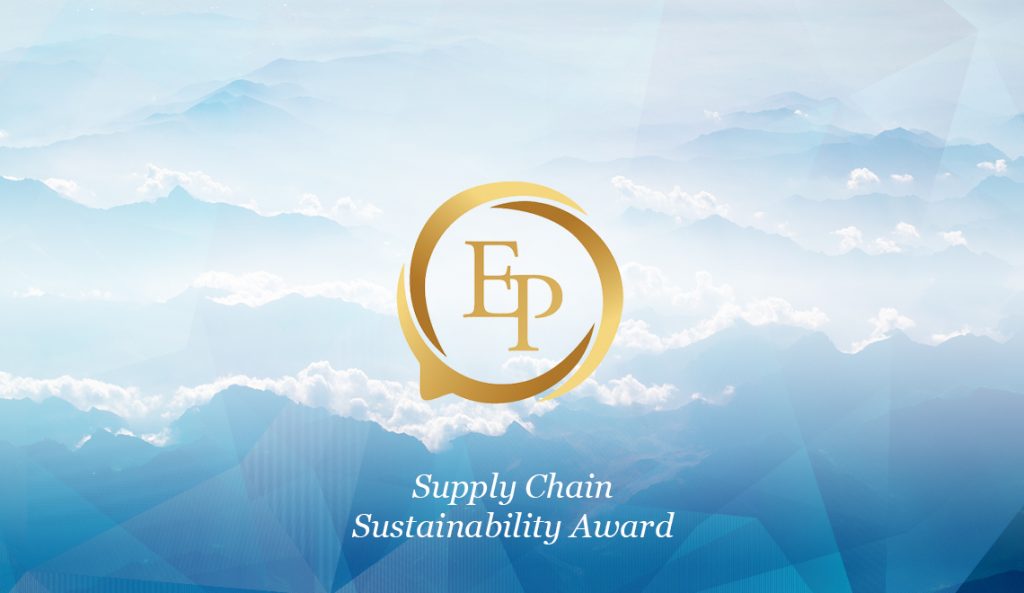
What do you think about these topics? If you have ideas on what you’d like to see or a case study you’d like to share, let us know!

